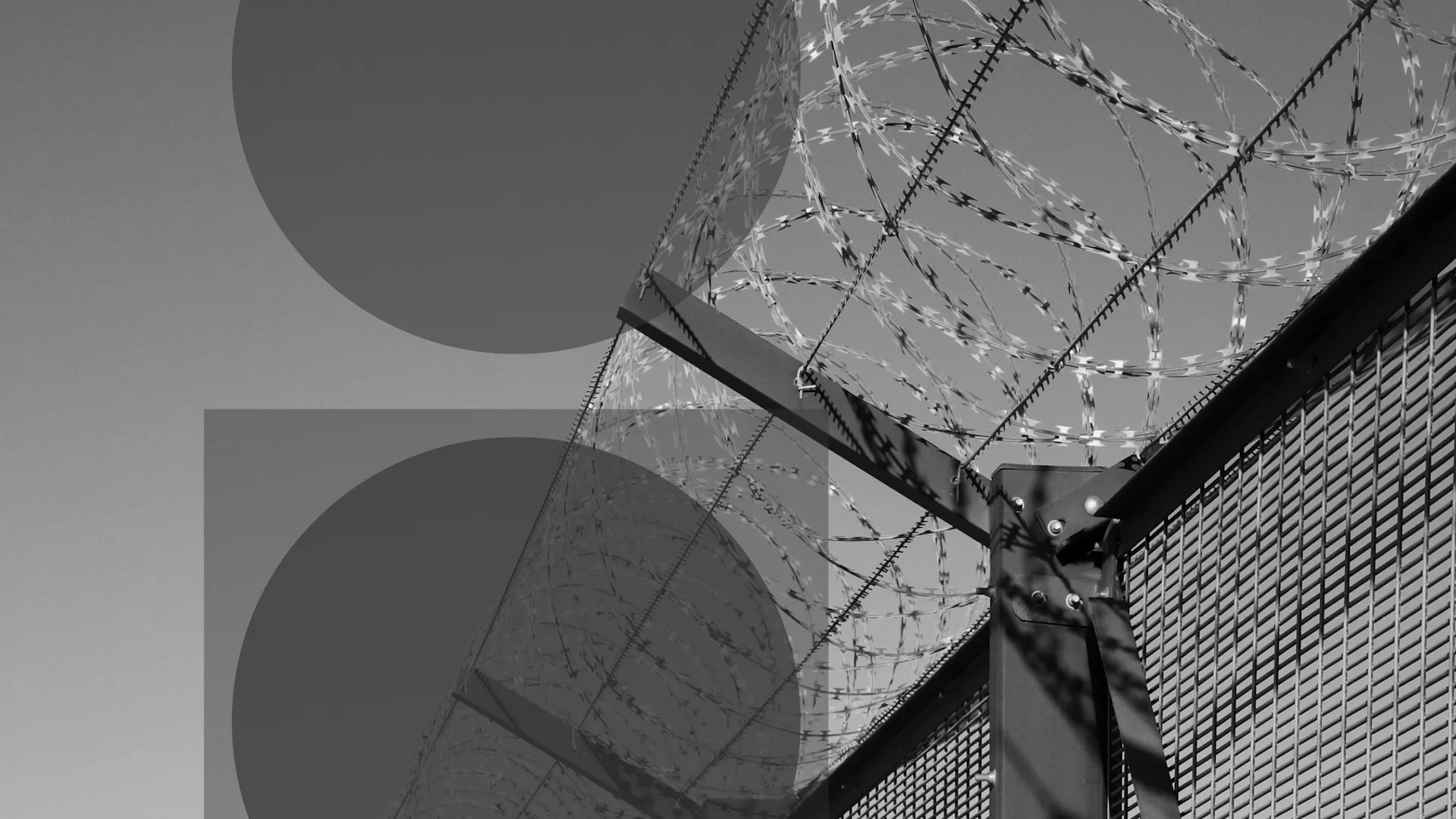Business Continuity Management Systems


PGI’s Digital Investigations Team brings you the Digital Threat Digest, SOCMINT and OSINT insights into disinformation, influence operations, and online harms.

Today is India's 77th Independence Day. Growing up, the day always felt joyful – characterised by kite flying, flag hoisting and the celebration of our collective azaadi (freedom) as a people. Now, however, it feels fractured, and I struggle to understand whose azaadi we're meant to be celebrating.
Earlier this month, a spate of communal violence hit my hometown. It initially erupted in Haryana's Nuh district—after a religious procession led by the orthodox Vishwa Hindu Parishad (VHP) was attacked—and later spread to other parts of the state. The clashes killed six and injured countless others. Although their primary trigger is contested, multiple reports pinpoint viral videos on social media as key instigators of the violence. One such video was posted by radical Hindu/cow vigilante Monu Manesar, who was accused of murdering two Muslim cattle traders earlier this year. In the video, Manesar invited all Hindus to join the procession and claimed that he would be in attendance himself. In retaliation, Pakistani content creator Ahsan Mewati posted a video threatening the procession and urging Muslims to kill Manesar. These videos, which were shared on social media before, during and after the clashes, heavily contributed to the volatility in Haryana – whose geopolitics are arguably a microcosm for north India.
Hate speech and polarisation are rampant across north India, both online and offline. Following the election of Narendra Modi—dubbed India's first "social media Prime Minister"—India underwent a digital revolution, and social media became the primary arena for socio-political discourse. However, in a tale as old as time, as opportunities continued to develop, so did threat actors. Now, in 2023, these threat actors have grown increasingly sophisticated, exhibiting unique circumvention tactics to exploit social media algorithms. They engage in a range of harmful behaviours, including doxxing, brigading and mass reporting, while inciting real-world violence both implicitly and explicitly. And, in almost all cases, they are motivated by religious polarisation. In Haryana, for example, investigations found "a troubling sequence of unchecked aggression propagated through social media", which was directed at "specific communities", prior to the religious procession.
Moreover, Haryana is not an isolated case of polarisation on social media leading to real-world mobilisation. Research into the existing "ecosystem of hate" in India identified the same behaviour in communal clashes between Hindus and Muslims in Delhi in June 2022, and Bihar in March 2023 – and there are countless other examples. Religious polarisation, and often overt Islamophobia, has become one of the biggest, and worst, hallmarks of contemporary Indian society. It is a political game for which ordinary citizens have to pay the price, with no immediate end in sight – after all, the elections are nearing.
When I was younger, Independence Day was about our unity as a nation. Now, working in Digital Investigations, it has become increasingly hard to ignore the fissures and outright oppression prevalent in our society. It is for this reason that I have only one thought running through my mind today:
How can we celebrate independence when not all of us are free?
More about Protection Group International's Digital Investigations
Our Digital Investigations Analysts combine modern exploitative technology with deep human analytical expertise that covers the social media platforms themselves and the behaviours and the intents of those who use them. Our experienced analyst team have a deep understanding of how various threat groups use social media and follow a three-pronged approach focused on content, behaviour and infrastructure to assess and substantiate threat landscapes.
Disclaimer: Protection Group International does not endorse any of the linked content.

At their core, artificial systems are a series of relationships between intelligence, truth, and decision making.

Feeding the name of a new criminal to the online OSINT community is like waving a red rag to a bull. There’s an immediate scramble to be the first to find every piece of information out there on the target, and present it back in a nice network graph (bonus points if you’re using your own network graph product and the whole thing is a thinly veiled advert for why your Ghunt code wrap with its purple-backlit-round-edged-dynamic-element CSS is better than everyone else’s).

There is a tendency to think that modern problems require modern solutions. Got a problem with AI-generated content? Your only hope is to build an AI-powered detection engine.